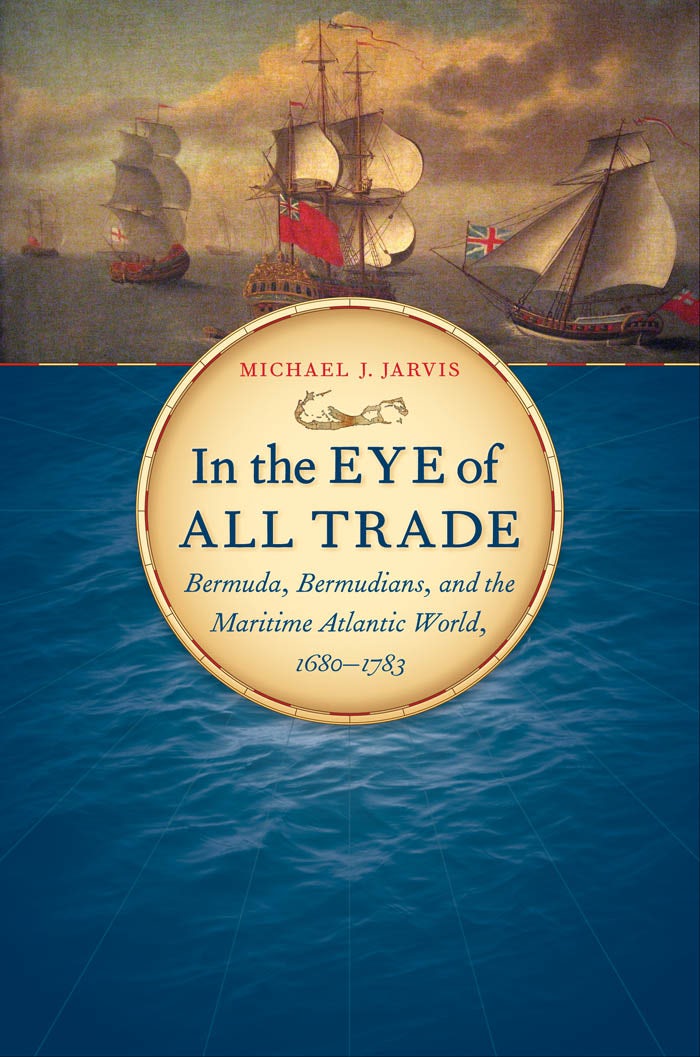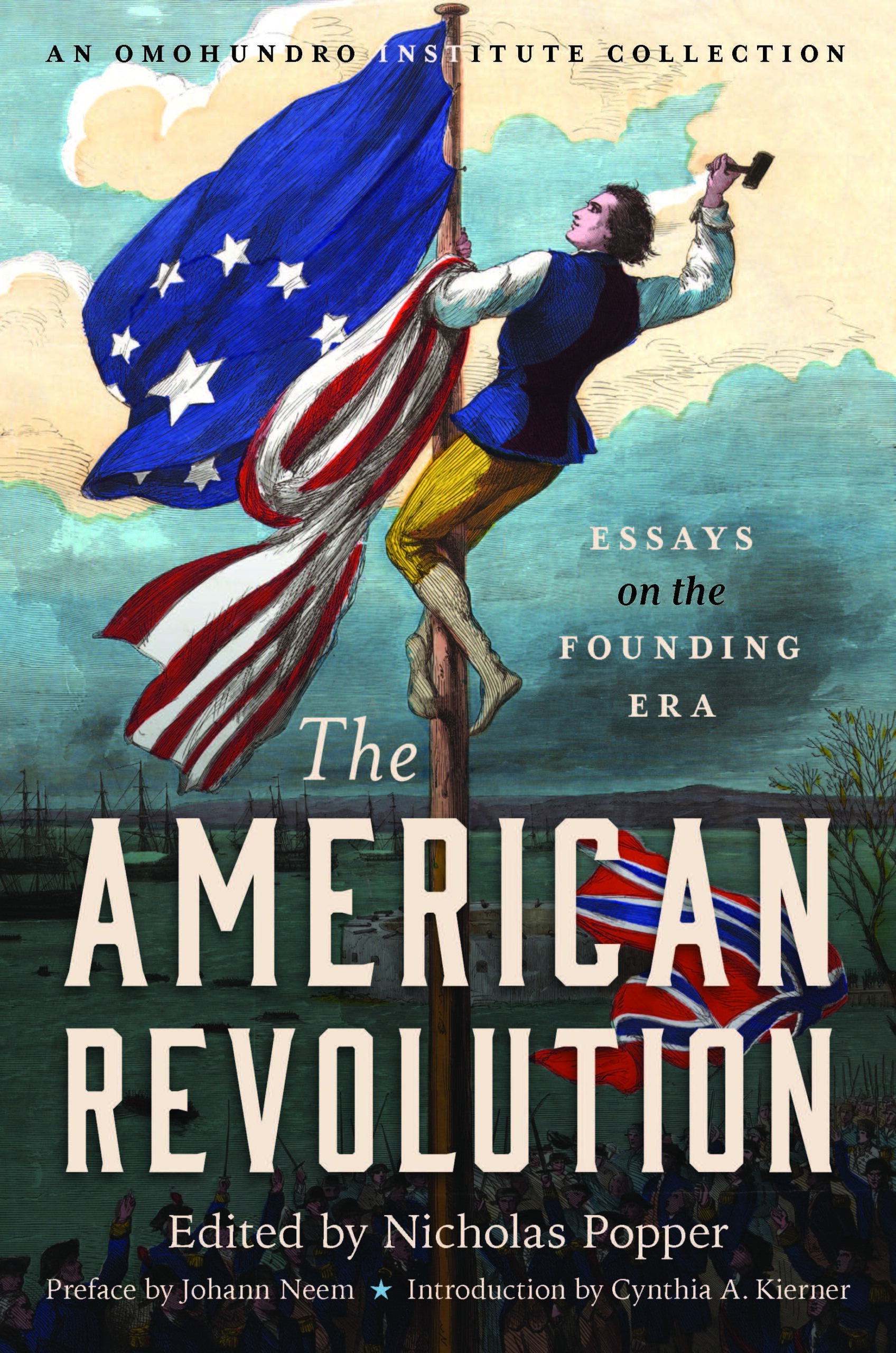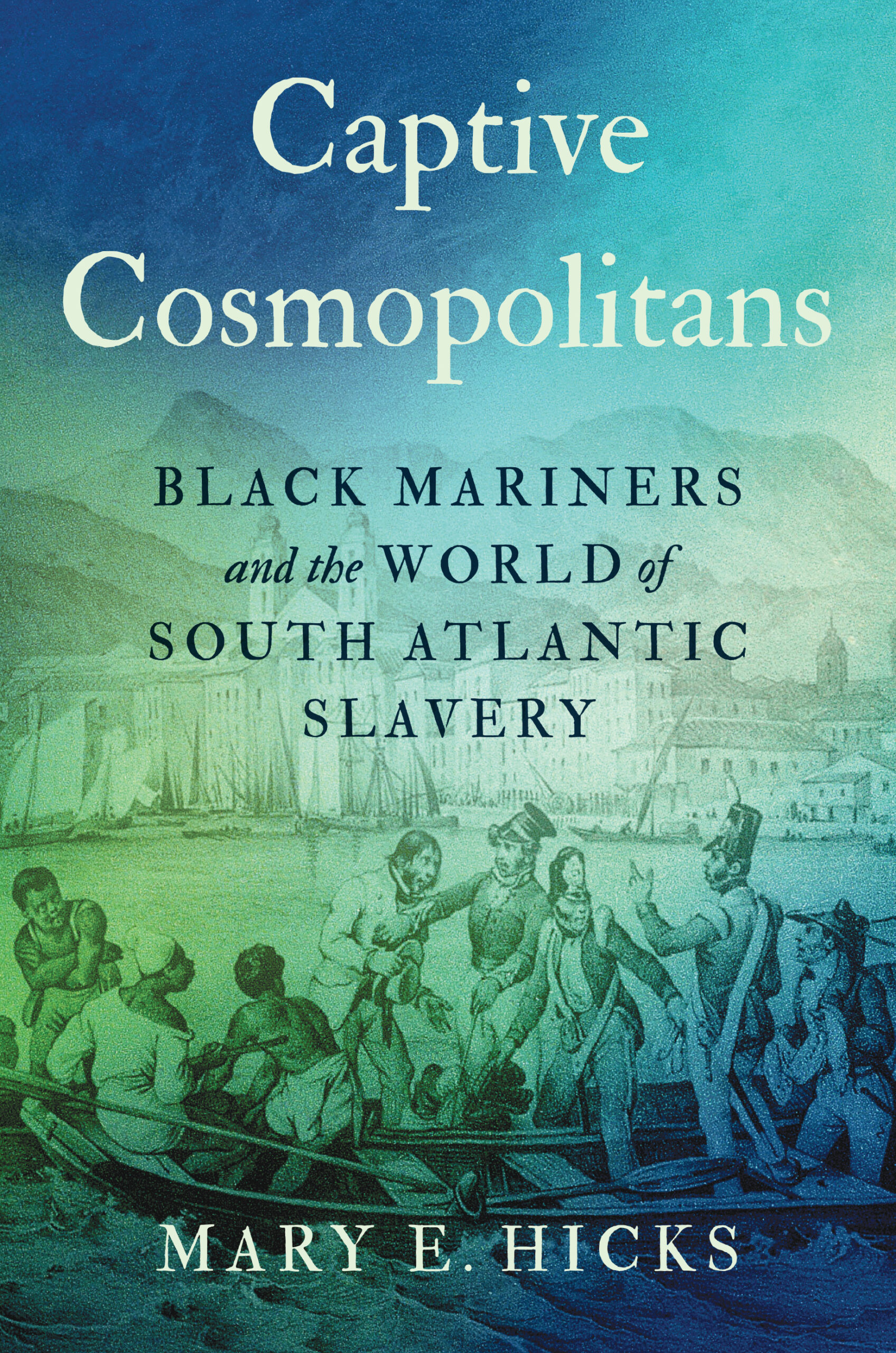
In the Eye of All Trade
Description
In an exploration of the oceanic connections of the Atlantic world, Michael J. Jarvis recovers a mariner’s view of early America as seen through the eyes of Bermuda’s seafarers. The first social history of eighteenth-century Bermuda, this book profiles how one especially intensive maritime community capitalized on its position “in the eye of all trade.”
Jarvis takes readers aboard small Bermudian sloops and follows white and enslaved sailors as they shuttled cargoes between ports, raked salt, harvested timber, salvaged shipwrecks, hunted whales, captured prizes, and smuggled contraband in an expansive maritime sphere spanning Great Britain’s North American and Caribbean colonies. In doing so, he shows how humble sailors and seafaring slaves operating small family-owned vessels were significant but underappreciated agents of Atlantic integration.
The American Revolution starkly revealed the extent of British America’s integration before 1775 as it shattered interregional links that Bermudians had helped to forge. Reliant on North America for food and customers, Bermudians faced disaster at the conflict’s start. A bold act of treason enabled islanders to continue trade with their rebellious neighbors and helped them to survive and even prosper in an Atlantic world at war. Ultimately, however, the creation of the United States ended Bermuda’s economic independence and doomed the island’s maritime economy.
About The Author
Michael J. Jarvis is associate professor of history at the University of Rochester.
Awards
James A. Rawley Prize in Atlantic History, American Historical Association (2010)
Reviews
“An important book. . . . In the Eye of All Trade makes a significant contribution to Atlantic history.”–International Journal of Maritime History
“[A] superb and rewarding book. . . . The engaging prose of this attractively presented book . . . provides the close correlation of transatlantic connections with internal developments often missing from the Atlantic perspective.”–Journal of American History
“Jarvis’s choice of perspective is truly inspired. . . . Having spent twenty years painstakingly researching colonial Bermuda, Jarvis has produced a wonderfully written narrative history worthy of its lengthy gestation.”–Common-Place
“Everyone who is interested in the history of British colonies in the Atlantic, North America and the Caribbean should read this fine book. . . . This is Atlantic history at its best.”–Anglican and Episcopal History
“Jarvis delicately situates the details of the Bermudian history within this Atlantic sweep, thereby crafting a book that is finely calibrated. . . . Should be required reading for Atlantic scholars. . . . Jarvis’ theme of self-organization . . . will keep scholars busily debating for decades.”–Journal of Interdisciplinary History
“This impressive book–the author’s first monograph–offers a convincing interpretation of the socio-economic and maritime history of Britain’s oldest and smallest colony. . . .Jarvis jumps from pawn to bishop among maritime historians.”–American Historical Review
“The journey this book has undertaken leaves the reader contemplating the possibilities of studying other locations in this manner. If every scholar of the Atlantic world took this approach, imagine what new wonders might be uncovered.”–Sehepunkte
“A complicated story that provides greater clarity to seventeenth and eighteenth century British America’s fluid nature.”–Essays in History
“This masterly study. . . . the result of 20 years of research, is confidently written and structured.”–Journal for Maritime Research
“[An] impressive achievement in bringing Bermuda’s maritime world to life.”–William and Mary Quarterly






